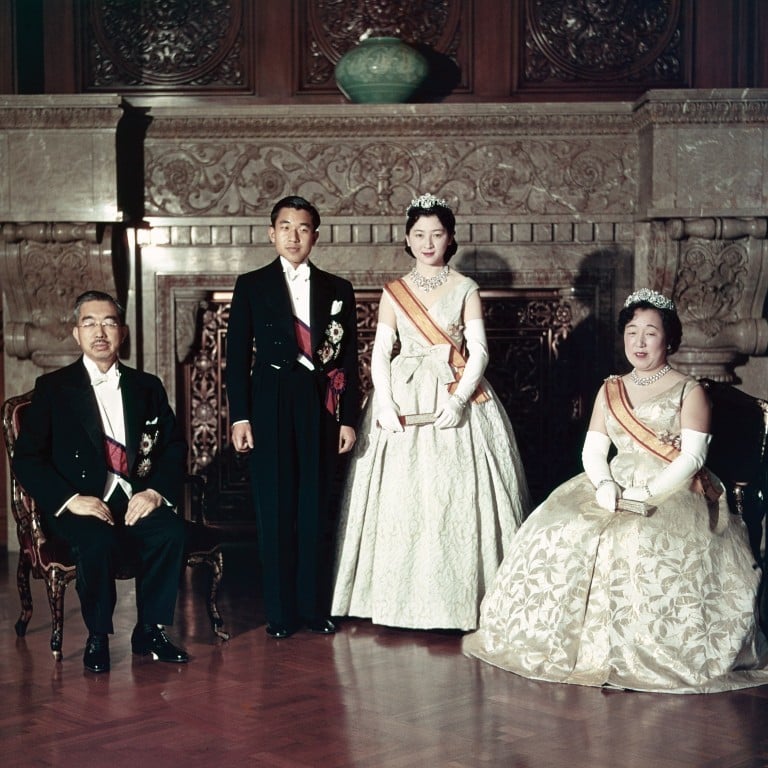Advertisement
Advertisement
Advertisement
Are Japan’s royal protocols stricter than Britain’s? Queen Elizabeth has personal rules about gifts, but Emperor Naruhito has to get approval – plus 6 more regulations
STORYDouglas Parkes

- Prince Harry and Meghan Markle are making bank with Netflix shows and podcasts in Los Angeles, but Prince Akishino and other Japanese royals can only work for non-profits
- In Japan, a royal wouldn’t give or accept a lavish mansion like the queen gifted Kate Middleton – although former US president Donald Trump did gift Naruhito a fancy viola
It’s not just Queen Elizabeth and the British royal family whose lives are wrapped up in layer upon layer of – sometimes bizarre – protocol. The Japanese imperial household dates back to at least the sixth century AD – and claims lineage as far back as 660BC, when the legendary (likely mythical) first emperor Jimmu is said to have taken the throne. And a tremendous number of rules and regulations have been written concerning the royal family over the centuries.
Much like Queen Elizabeth in the UK, the Emperor of Japan – currently Naruhito, who took the throne in 2019 following the abdication of his father, Akihito – does not play an active role in the politics of the country. His role is more ceremonial and focuses on state functions such as formalising the appointment of the prime minister, meeting with visiting royals and heads of state, and receiving foreign ambassadors and envoys, among myriad other responsibilities.
Advertisement
In this sense, the emperor is much like the heads of many European monarchies. However, there are some particular rules of etiquette unique to the Japanese royal family.
Japanese royals are not allowed jobs

Unlike many of their European counterparts, members of the Japanese royal family are not allowed to have jobs – the controversy that surrounds Prince Harry dabbling in TV and podcast production in Los Angeles would certainly not be tolerated in Tokyo. There, royals may only be employed at non-profit organisations working for the public good, and even then the emperor’s permission is required. Prince Akishino, for example, serves as the president of the Yamashina Institute for Ornithology where the former Princess Nori worked as a researcher from 1992 until 2005.
Marrying a commoner is forbidden – if you’re a woman

Speaking of the former Princess Nori, she now goes by the name of Sayako Kuroda. This is because female members of the Japanese royal family are forbidden from marrying commoners. That’s not to say that women in the imperial household can’t marry whoever they love, but should the person be a commoner, they must forfeit their royal status to do so. Sayako took this step in 2005 when she married Yoshiki Kuroda, a long-time friend of her brother, Prince Akishino.
Select Voice
Choose your listening speed
Get through articles 2x faster
1.25x
250 WPM
Slow
Average
Fast
1.25x